Comparative Analysis between Dynamics 365 Business Edition and Dynamics NAV 2017
- Christian Riechert
- Apr 19, 2017
- 3 min read
Dynamics 365 for Financials and Dynamics NAV are business management solutions for small and mid-sized organizations that automate and streamline business processes and help you manage your business.
Microsoft Dynamics NAV and Dynamics 365 for Financials are very similar products. The Dynamics 365 for Financials was earlier known as “Project Madeira”. These two solutions aren’t really competitors. They target different markets and address different needs. Dynamics 365 Financials is a complete cloud SAAS solution based on the NAV platform. Therefore, two ERP systems have more things in common than things that set them apart.
Deployment
Most likely the biggest difference between the two solutions is deployment.
Dynamics 365 for Financials is purchased as software as a service. The benefits here are lower cost, scalability, accessibility, etc.
Dynamics NAV, on the other hand, has a little more flexibility in this regard. You can host the software on your own servers, or in a 3rd-party cloud like Azure if you choose. Dynamics NAV actually works very well when hosted by a 3rd-party cloud, so don’t base your choice between these two products on whether you want “the cloud” or not.
Pricing & Licensing
Dynamics 365 for Financials can only be licensed as a subscription for $40/month for every person. It can only be for named users. This means that Dynamics 365 for Financials will have a lower Total Cost of Ownership (TCO) than Dynamics NAV. This is because Dynamics 365 for Financials licenses are less expensive per named user ($40 monthly vs $65 monthly); and all infrastructure costs are included in its price.
Dynamics NAV can be purchased either perpetually, or as a subscription. This means you can bear the full cost of licenses up-front, or subscribe to retain access rights. You can also purchase Dynamics NAV users as “concurrent” users, or “named” users. This means you can either buy the rights for up to [x number] of people to use Dynamics NAV at the same time, or you can buy the rights for certain people to use the solution whenever they want. Your choice.
Functionality
Dynamics NAV is a much more robust solution. Currently, the Dynamics 365 for Financials limitations are:
It does not provide any features for production, storage, or services and human resources management. Translation: No Service Management Module, No Manufacturing Module, no Warehouse Management Module
Although it allows you to create more than one company, it offers no functionalities for inter-company transactions or consolidation.
In the inventory module, Financials doesn’t provide for the management of several different warehouses (locations), or the management of batches or serial numbers.
In the Purchasing module, Financials doesn’t allow you to create purchase quote requests to vendors; it only allows you to prepare purchase orders. It also does not support Blanket Purchase Order documents.
Customizations
Financials can only be personalized through “extensions”. This is a new development approach (also available for NAV), which is only just starting to be used by partners.
If you require a lot of customizations, Dynamics NAV will have the edge. It has one of the most “open” codebases of any ERP; about everything is exposed to the system developer to customize. It also has a lot of customizations created by Independent Software Vendor (ISV) . Due to its longevity, a lot of the customizations are already developed, and a rich talent pool of developers already exist.
For Dynamics 365 for Financials, you would have to reach into the Appsource and find an app that plugs right in to Dynamics 365 for Financials. Dynamics 365 for Financials currently does not have all of the configuration options available to NAV.
Conclusion
Dynamics 365 Financials is not a competitor to NAV 2017. I would consider it “baby NAV”. In fact, the Dynamics 365 Business Code is the SAME code base as the Dynamics NAV system, but certain functions and features have been removed.
It is a powerful cloud solution based on the Dynamics NAV technology, targeting the needs of small businesses. Although there are several current differences between the two solutions, Microsoft will expend a significant amount of resources on updating Dynamics 365 Financial to make it a complete cloud based robust solution. They are announcing new features every month to the software.
For more information, please contact us directly at Tel. (855) 227-0700 or by e-mail me directly at Christoph@CBRTechnology.com .








Comments